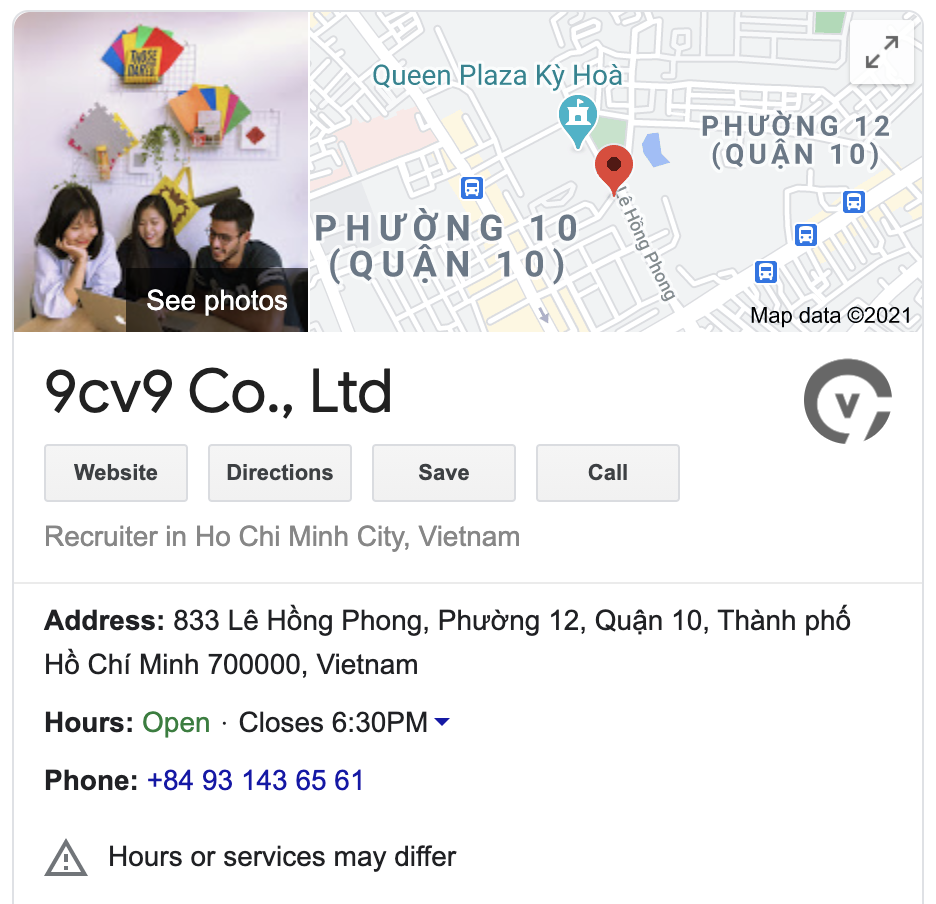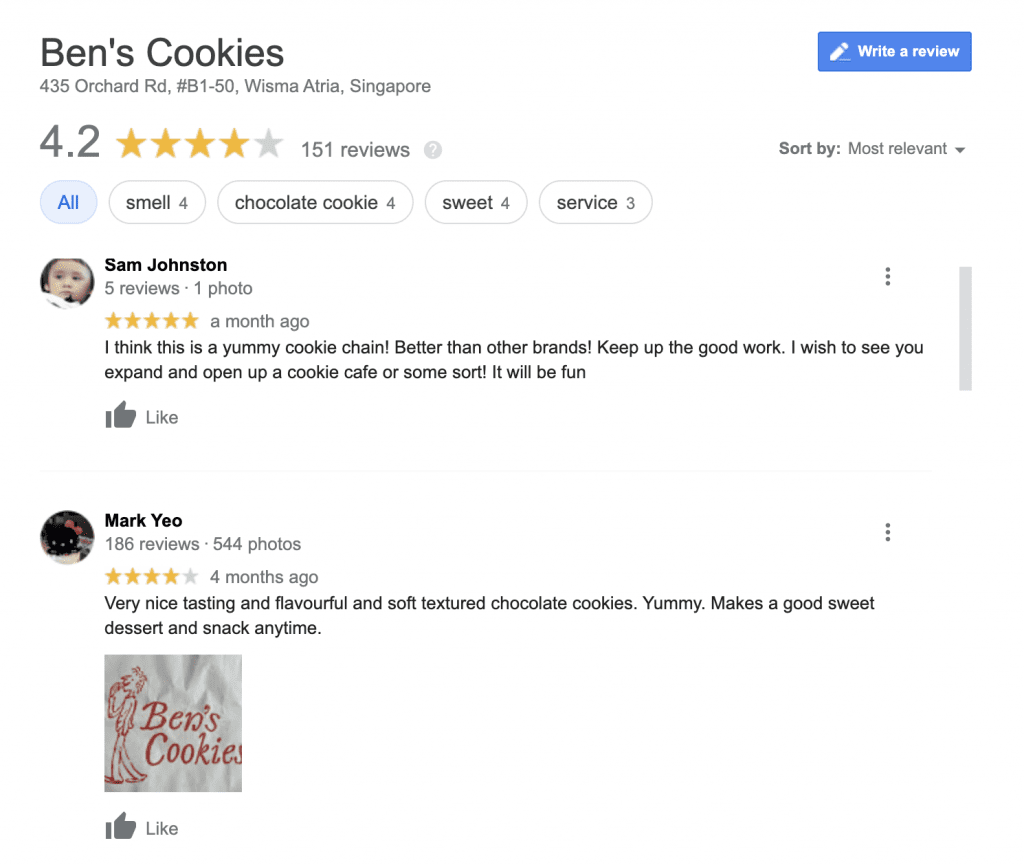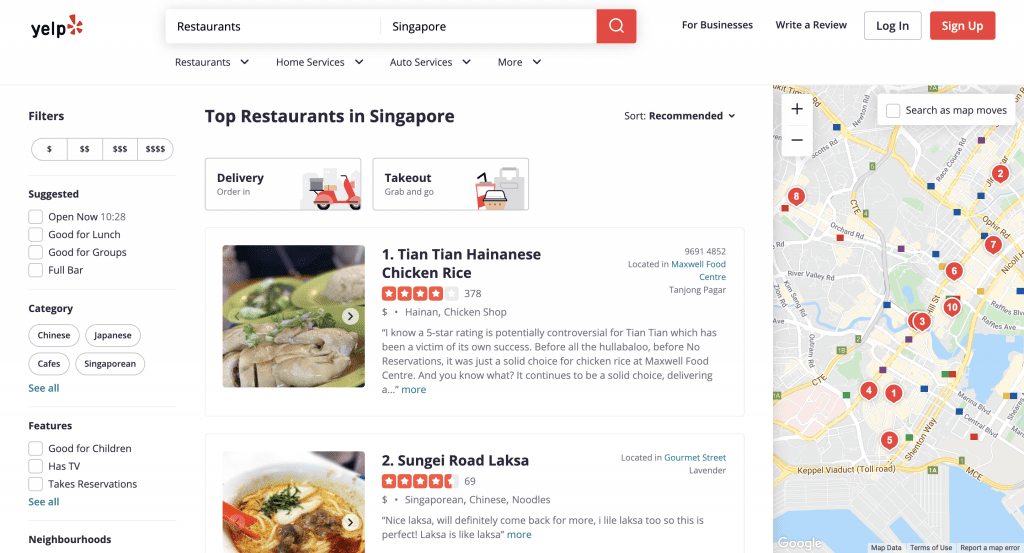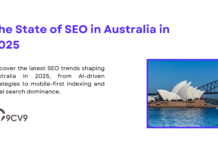More than 4.4 million blog posts are published everyday, according to Worldometers.
As a digital marketer, you’re probably one of them.
On the other hand, 75% of people do not scroll past the first page they see on Google.
That said, as a content marketer, how can you stand out amongst the millions of blogs posted each day? That’s when SEO Marketing comes in.
- What is SEO?
- How does SEO work?
- Importance of SEO Marketing.
- Local SEO in Singapore: How to.
- Key Takeaway
What is SEO?
SEO, abbreviated from “Search Engine Optimization”, is the process of improving your website’s online presence by increasing its rankings on search engines like Google.
By ranking higher, your website will yield more clicks and traffic from users, as it becomes more accessible to them. SEO is currently a very powerful marketing tool as generating more clicks will also help your brand gain awareness from customers.
On the other hand, the more users visit your website, the more likely it is for them to also discover your product offerings that can possibly interest them.
How does SEO work?
Search engines like Google and Bing have automated robots that collect different kinds of information about your website pages, and put them into an index.
The search engine’s algorithm then analyzes the pages in the index, taking into account different ranking factors in order to determine the rankings in which it will appear in a search result for a given query.
Google uses over 200 factors when determining ranks, these include keywords, mobile-friendliness, number of internal links, etc.
Here are some interesting SEO statistics:
- High-quality content and link building are top 2 ranking factors in Google’s algorithm.
- Websites that load quickly rank significantly higher. To be more specific, a website’s bounce rate increases by 50% if it takes 2 extra seconds to load.
- Sites that are placed on the first page on Google searches have an average of 1,890 meta words.
Importance of SEO Marketing
1. Google processes billions of searches on a daily basis.
93% of all online experiences begin with a search engine. In fact, Google processes over 3.5 billion searches each day, which breaks down to over 40,000 searches per second.
Utilizing SEO marketing allows your product offerings to reach an expansive user base. This increases its chance of attracting a higher number of interested customers, which ultimately also increases conversions.
2. Organic will always be better than paid ads.
Paid ads might be the way to go to get your advertising campaign more reach, but the truth is, nearly 80% of users ignore paid ads that appear in search results.
What does this mean to marketers? This indicates that you have a higher chance of getting clicks if your website shows up in search results organically, even if it’s located below the paid ads results.

3. Almost every company is implementing SEO.
61% of marketers stated that improving their SEO and growing their organic online presence are their top priorities in 2018. How high do you think the percentage is now?
That said, you don’t want to be late in the game. Your business might even lose its competitive edge and fall behind in search without a proper SEO strategy, as you might be less visible and accessible then.
4. SEO boost conversions.
Traditional marketing strategies see an average of 1.7% conversion rate, while SEO provides 14.6%. That’s nearly 9 times higher and the number keeps growing as we speak.
5. Local SEO offers great results.
As its name would suggest, local SEO is the process of optimizing your website to rank higher for a local audience. This is particularly important for small to medium sized local businesses.
In fact, 46% of all Google searches are local (Google). Typical local searches like anything ending with “near me” or “close by” grew by over 900% over the past two years (Chatmeter).

Local SEO in Singapore: How to
Getting the Local SEO definition right.
Local SEO modifies the targeted search keywords to include a particular region or area, e.g. Singapore. This strategy is suitable for your business if you seek to serve customers in a particular geographical area and are not attempting to reach a wider global audience.
It’s becoming an essential channel for growth as nearly 88% of people who initiate a local search end up visiting or calling the place within a day. This allows your business to engage with nearby local customers, generate instant conversions and quality traffic from potential customers.
1. Utilize Google My Business.
Google My Business should be the first step you take into making your business more visible and accessible online. Just like everything else, to get started, you’ll first need to create an account and fill up basic details about your business.
Make sure to fill all required information accurately, don’t forget to place your logo and plenty of relevant images of your product offerings to enhance brand awareness.

When your listing appears professional and your page is verified, you can start posting relevant events, offers, news, etc. to keep your target audience informed. Once you’re listed, your business will also appear on Google Maps. With over a billion users globally every month, your business will surely be able to expand its niche.
2. Reviews from your happy customers.
Getting reviews from your happy customers will not only help your business climb up the rank, but also encourages local customers to make a purchase.
In fact, nearly 85% of customers believe online reviews as much as personal recommendations. Plus 63.6% of people say that they’ll look at online reviews before taking a visit to a store. Isn’t that just powerful?
On top of that, Google takes business reviews very seriously. The site prioritizes reviews with keyword and location, and the ones with response. You can encourage your happy customers to write a review by sending a post-purchase email or text. Don’t forget to respond to their reviews afterwards, address complaints professionally if you have to!

3. Ensure a consistent NAP.
To be found, you need to make it easy for people and search engines to find you. The first step you’ll need to take is to ensure that your NAP (name of company, address, phone number) is consistent on different platforms.
There shouldn’t be even a small difference in spelling, logo, etc., because discrepancy can indicate to Google that those are two completely different businesses.

4. Create localized contents.
The best way to attract local customers? Deliver contents that they’re familiar about. Remember that you’re not just writing to rank on a search engine. Your ultimate goal is to attract users, hence, you should write about topics that might interest them. These include local news stories, events, gatherings, etc. Think of top-of-the-funnel content that goes beyond your product offerings.
5. Refine local keywords.
When looking for keywords for your website, it’s important to ensure that they are relevant to your local customers. Your business can utilize Google’s very own Keyword Planner to find out the popular search items for a geographical region.
Don’t forget to include mentions of region-specific landmarks or hotspots on your website. It makes it easier to be found by Google algorithm.
6. Get relevant inbound links.
Did you know that link signals are on top of the list when it comes to determining a website’s SEO rankings? That’s because every inbound link proves the legitimacy of your company to Google.
There are a few ways in which you can get high-quality and relevant inbound links:
- Write relevant content on your site to encourage others to link to your content.
- Become a guest blogger on a highly domain authority.
- With .edu links having the highest domain authority, your business can leverage on this opportunity by providing scholarships or sponsorships in your local region. Remember that it should be related to your industry as well!
- Interact with local influencers to get them to link back to you.
7. Optimize local citations and directories.
Local citations are mentions of your business on another relevant and frequently visited website. To achieve this, you can have your website listed on popular local directories like Yelu, Yellow Pages, Foursquare, Yelp, etc.
You can also get your business listed on commonly-used review sites. These listings will signal Google that your business is trustworthy, which will then boost your SEO rankings. You can also expand your reach as a huge number of users conduct searches on these local directories on a daily basis.

Key Takeaway
With its increasing popularity, it’s only right if you start leveraging on SEO now. If you’re a local business that’s targeting local prospects and customers, local SEO is the way to go. This focused strategy can help you compete more effectively with larger corporations with higher brand awareness and unlimited resources.
As more and more people are surfing online, you can’t miss the chance of being more accessible and visible to them. Get started on your SEO marketing strategy today.
Having problems getting started on your local SEO marketing strategy? Our agency’s services will surely be able to assist your needs. Send us an email at [email protected].
































